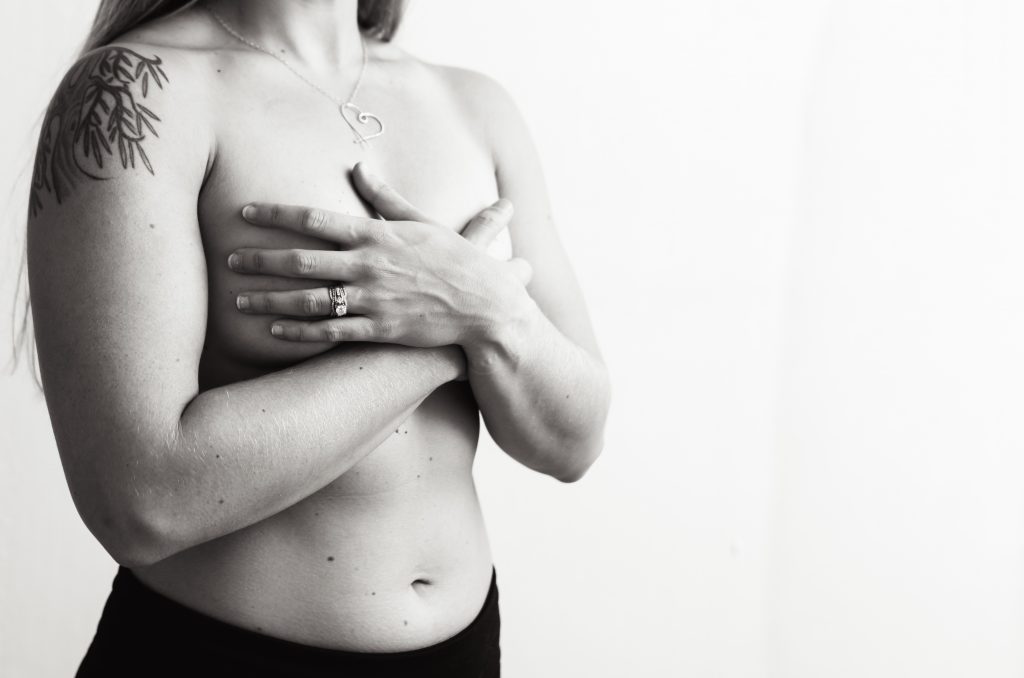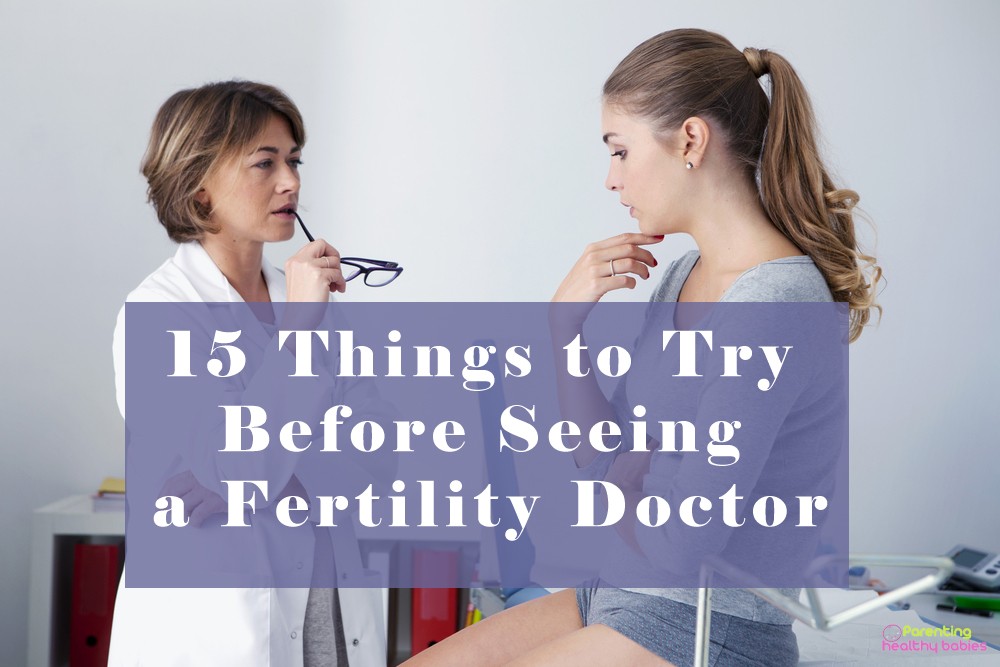When you are pregnant, your body undergoes a lot of changes. For example, it is normal to have breast pain during PMS when your milk ducts are blocked. However, if your breast pain is severe or lasts more than one week after delivery, it is important to talk to your doctor about this issue.
According to Cleveland Clinic, breast pains are common in a woman’s menstrual cycle. These usually happen about a week before your period, therefore termed premenstrual syndrome or PMS. This pain category is commonly referred to as mastalgia and is common in women aged between 30-50. Unfortunately, this condition affects 70% of women.
PMS breast pains post-pregnancy is one of the most common and frustrating side effects of giving birth. Many women complain about this condition but don’t know how to deal with it. If you have gone through this situation, you will be able to relate to this situation.
Here are some steps that can help manage the pain caused by your PMS breast pains:
Take Your Required Iodine Supplement
Iodine is an essential mineral that plays a vital role in breast health by helping to regulate hormone production and balance your body’s metabolism. As a result, low iodine levels can contribute to developing fibrocystic breasts and other conditions, such as lumps or cysts that cause pain.
At the same time, most women get enough iodine through their diet, like dairy products, seafood, etc. However, taking a daily breast tenderness PMS supplement is often recommended when breastfeeding because it helps manage breast tenderness during this time. You should talk to your healthcare provider about what supplements are best for you based on your needs and take them accordingly.
Wear a Firm Bra
While at it, make sure your bra is not too tight or restrictive. Ensure that your breasts are supported but not constricted by the bra band and that there’s no digging into your skin. Avoid underwire bras if possible because they can cause breast pain from pressure or irritation.
If you have to wear a tight-fitting shirt with no alternative options, try band-less sports bras or nursing tops instead of conventional bras with underwires. They’ll give you some much-needed relief for PMS breast pains post-pregnancy.
Avoid Caffeine and Sugar
According to the Coffee Statistics by E-Imports, Americans drink approximately 400 million cups of coffee daily. The stats further show that coffee drinkers in the US consume an average of 3 cups daily. Women drink the same amount of coffee when compared to men.
In the case of women facing PMS breast pains, it’s better to avoid caffeine and sugar. These two things can cause inflammation, a common cause of breast pain during PMS. If you’re suffering from PMS breast pains post-pregnancy, the last thing you want to do is add more inflammation to the mix.
Caffeine and sugar also cause bloating, and bloating can trigger breast pain. So if you’re feeling bloated, try limiting your caffeine and sugar intake. If possible, cut them out completely.
Breastfeed
Breastfeeding is one of the best things you can do to ease your PMS breast pain post-pregnancy. Breastfeeding has been proven to help improve the quality of your milk, making breastfeeding more enjoyable for you and your little one. In addition, breastfeeding has also been shown to reduce pain, and that’s not all. It may also reduce the risk of breast cancer in women diagnosed with it before breastfeeding.
Try Natural Remedies
If you’re feeling discomfort in your breasts, there are a few things to try.
- You can try using herbal remedies such as fennel and chamomile teas or massage therapy to help alleviate the pain.
- If you have trouble getting comfortable at night, heat/cold packs may help soothe the area while adding comfort to your sleep routine.
- Warm baths can also be soothing and relaxing for sore breasts during PMS.
- Finally, aromatherapy oils like lavender or peppermint can calm the mind and body. Some pregnant women even find that these essential oils make their sore breast symptoms less severe.
- Meditation is another great natural remedy that can reduce stress levels, improve sleep quality and thus reduce breast pain caused by PMS hormones.
Adjust Lifestyle Habits to Cope with PMS Breast Pains
While avoiding PMS breast pain may not be possible, you can try to manage it by changing your lifestyle habits. Avoiding stress and practicing mindfulness are great ways to stay healthy and happy, which can help reduce the severity of the pain.
Eating healthy foods will also help keep you in good physical condition and provide you with the necessary nutrients for breastfeeding your baby. In addition, you should aim for at least eight hours of sleep each night. It will refresh your body and mind so that you’re ready to tackle another day.
While these basic lifestyle changes may not completely alleviate all PMS breast pain, they can help keep symptoms under control so that they don’t get in the way of your daily life too much.
If these adjustments aren’t enough, talk with a doctor about other options for managing this condition during pregnancy or after giving birth, like acupuncture. Quitting smoking is always recommended when coping with any health issue or concern.
Have Regular Breast Self-Exams (BSE)
A report from CDC states that approximately 264,000 breast cancer cases are reported in the US each year, out of which 42,000 women die every year from this deadly disease. Although the rate of deaths has recently declined, breast cancer still ranks second leading reason for deaths in women in the US.
Breast self-exams are crucial for curtailing the risk of breast cancer. While it isn’t uncommon to feel discomfort during PMS, we should not dismiss this as “normal.” There could be something wrong, and we need to find out what it is as soon as possible. It can be done by performing regular breast self-exams (BSE).
A BSE involves two steps: first, locate your nipple area, then press gently inwards towards your chest wall using only the pads of 2 fingers and not your whole hand. You should do this for about 5 minutes each day during menstruation or after feeding if you are breastfeeding. If you experience any pain during BSE, consult a doctor immediately.
Self-Care Can Help Manage Breast Pain During PMS.
As a mother, you must ensure that your baby gets the best care. Breastfeeding is an effective way of feeding infants, and you should take advantage of this opportunity.
You can try using natural remedies such as Vitamin C supplements or herbs like black cohosh and evening primrose oil that may help reduce breast pain during PMS. These alternatives are less expensive than drugs, have fewer side effects, and have no risk of dependency on them if they fail to work for you after some time.
Another option related to lifestyle changes is reducing caffeine intake. It can help minimize the severity of PMS symptoms, including breast pain during menstruation in women between 30-50 years old.
Taking care of yourself is important if you have pain in your breasts. While PMS breast pains are not considered dangerous, they can be uncomfortable and distressing. Taking the steps outlined here will help you feel better faster and prevent serious health issues in the future.













